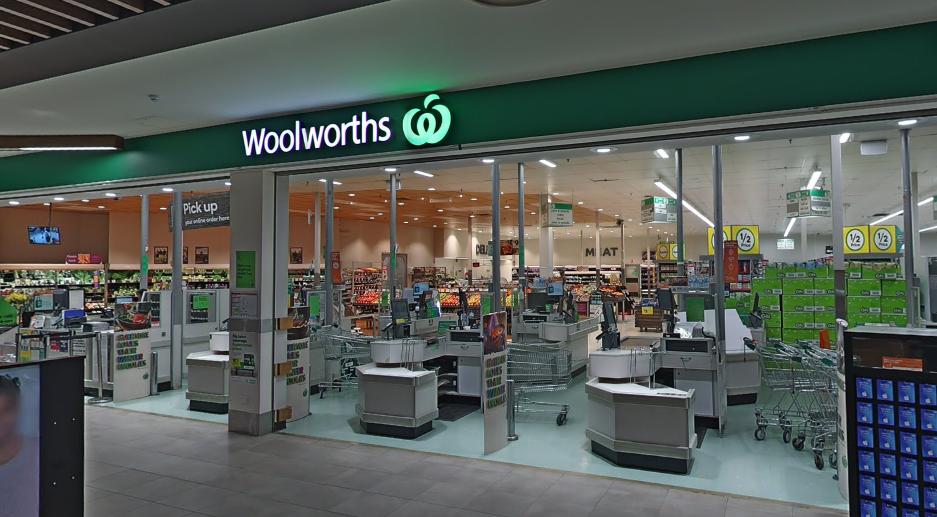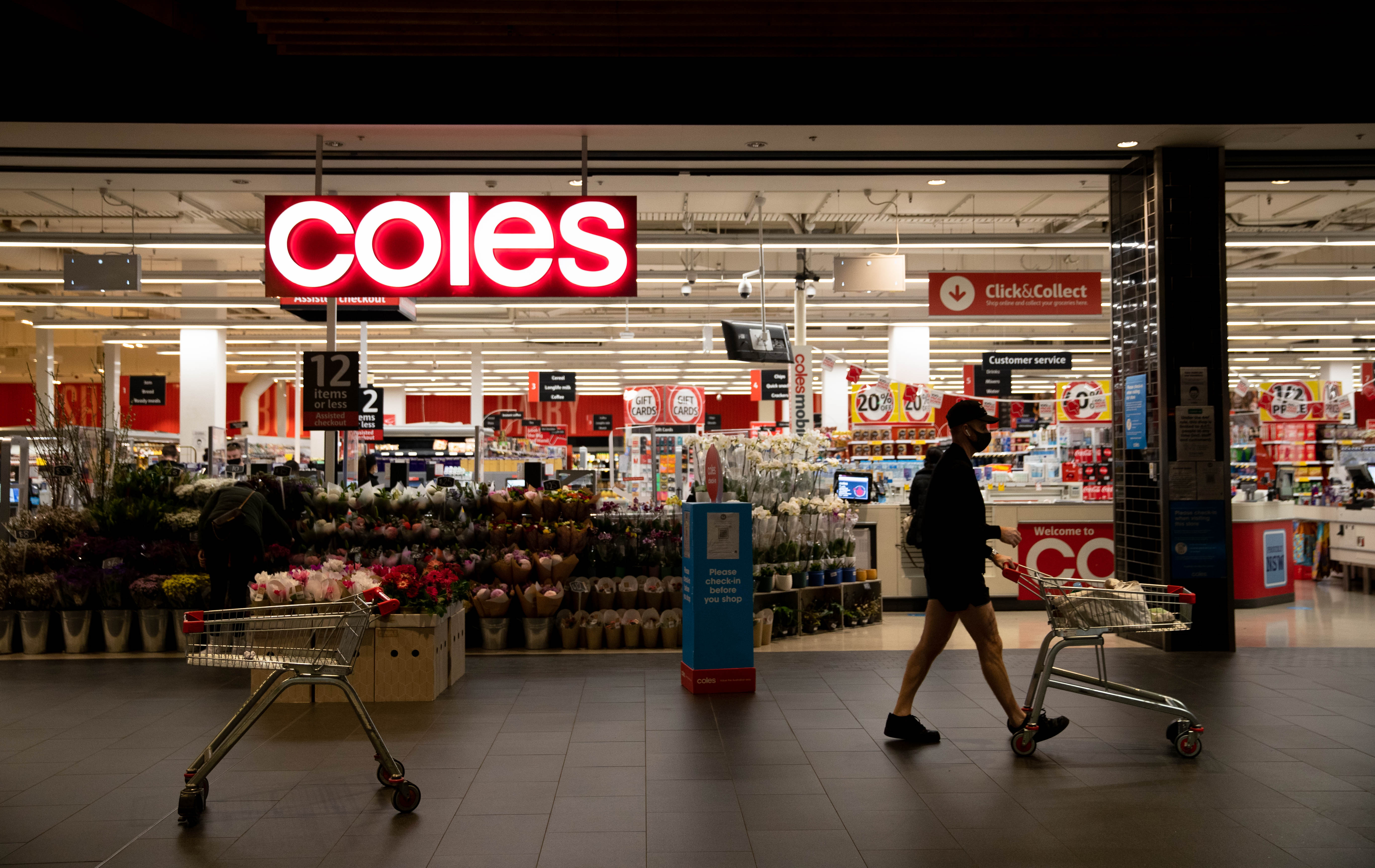As the surging spread of super-transmissible Omicron cases continue to affect businesses and supply chains across Australia, supermarkets are being hit hard.
Woolworths CEO Brad Banducci said this morning in a letter to customers that shortages this time were driven by different factors.
"Unlike the surge buying of early 2020 (who could forget the toilet paper), this is because of the number of people in our supply chain in isolation – from suppliers to truck drivers and distribution centre team members – which in turn is causing material delays to store deliveries," Mr Banducci said.
LIVE UPDATES: The state where COVID-19 infections just keep climbing

"To give you a sense of the magnitude of the challenge, we are experiencing COVID-driven absences of 20 per cent-plus in our distribution centres and 10 per cent-plus in our stores."
New South Wales is currently the most-affected state, but Mr Banducci said there were impacts across the entire country – and it wasn't clear how soon the system would recover.
He urged people to be "flexible" in their shopping meanwhile, such as substituting an absent preferred brand with another product in that same category."If you're shopping online, as a temporary measure we are automatically activating substitutions on all orders," Mr Banducci said.
READ MORE: Talented Sydney sportsman, just 23, dies after catching coronavirus
"We know this isn't ideal, but it does mean there's less chance of missing out on something you really need. We'll revert to your preference as soon as possible."
He said Woolworths was working to re-stock as quickly as possible, including on rapid antigen tests.
Coles, meanwhile, this week introduced new temporary purchasing limits on certain grocery items across all its supermarkets and online stores, except WA.
READ MORE: Serbia slams 'political witch hunt' as Djokovic saga escalates
Shoppers have been warned to expect shortages at supermarkets throughout January.
In all states and territories, excluding Western Australia, a two pack limit is being applied to mince, chicken breasts, chicken thighs, and sausages.
There is a one pack limit remains on rapid antigen tests.
Coles said it will continue monitoring product availability and urges customers to buy only what is necessary.

Stores on the east coast will be most heavily affected, Coles chief operations officer Matthew Swindells said, particularly New South Wales and Greater Sydney.
Mr Swindells expected current food shortages at Coles to last "another couple of difficult weeks", as more and more workers catch coronavirus and are sidelined by the sharp rise in COVID-19 cases.
The third major chain in Australia, Aldi, like Woolworths has no purchasing limits in place.
"Although the ongoing COVID-19 situation has meant additional pressure to our operations, ALDI continues to do its best to minimise any disruption to our customers," a spokesperson told nine.com.au.
